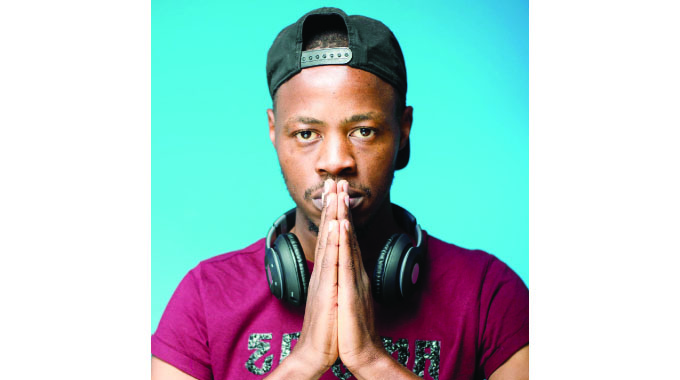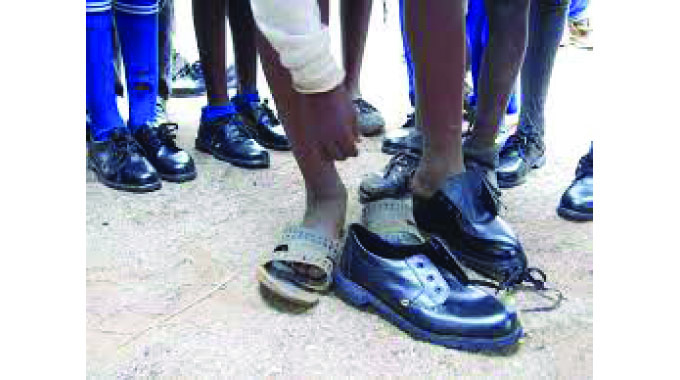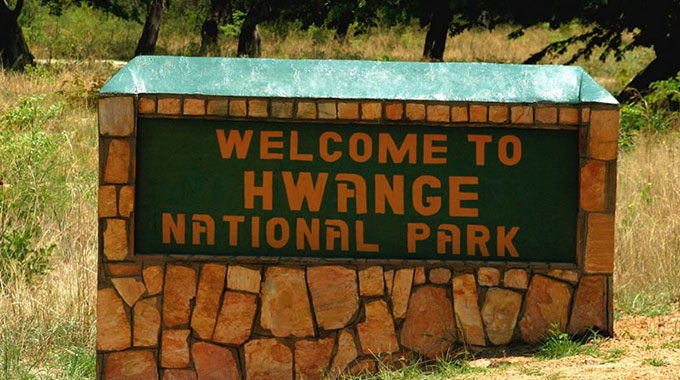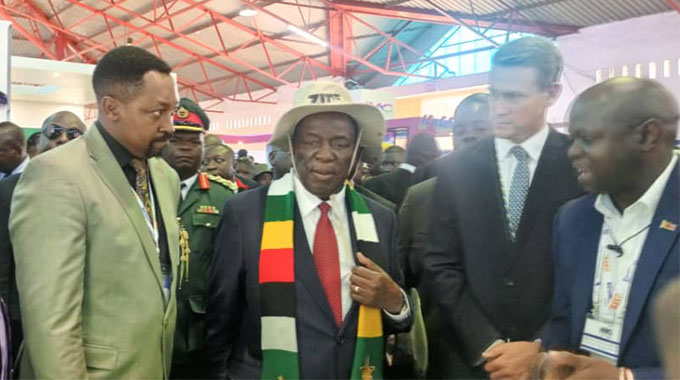Temp teacher touched by barefoot schoolchildren

Bongani Ndlovu, Chronicle Reporter
After completing his studies at the University of Zimbabwe in 2014, Mr Keith Moyo was a temporary teacher in rural Nkayi, Matabeleland North Province, where he encountered barefooted children attending school.

Mr Keith Moyo
Mr Moyo spent just a term at Mdengelele Primary School, when he started teaching at the school in January 2015.
The school is nearly 40km from Nkayi Centre.
What he saw left an indelible mark on his life, as Mr Moyo witnessed most children from Mdengelele Primary School from different areas, not wearing shoes.
The pupils would endure the hot weather, rainy weather and even cold weather when they made their way to school.
Those who were lucky wore hand me down takkies or shoes from family members or well-wishers, who would have empathised with them.
Mr Moyo (35), who resides in Bulawayo, grew up in Pelandaba high density suburb, learnt at Hlangabeza High School in Nkayi and completed his A-Levels at Mzingwane High School in Esigodini.
He attended the University of Zimbabwe and completed a Bachelor of Arts Honours Degree in English Literature in 2014.
When he was a temporary teacher at Mdengelele Primary School in Nkayi, Mr Moyo came face-to-face with the cruel reality of children attending classes without shoes.
“It was very distressing to see.
Young children walking to school barefoot.
It made me realise that I was blessed because when I was attending school, I had more than enough, but these children had the bare minimum.
“Something that is as basic as a school shoe, these children don’t have.
The schools aren’t that strict about school shoes because they understand that not all parents can afford them.
So they can wear old shoes, takkies and the like and if you see a child that has no shoes, that means they are in need,” said Mr Moyo.
After his short stint at Mdengelele Primary School, their plight gnawed Mr Moyo’s brain and he decided to do something about it.
In 2016 he came up with an idea to set up an organisation that will provide schoolchildren in rural areas with shoes.

In March of that year, Mr Moyo founded Shoes2School which he describes as a youth-driven movement that focuses on the welfare of underprivileged children in and around Zimbabwe.
“The concept is built on the core belief that children are the future of tomorrow; and therefore, catering for their needs today is an investment into the nation’s tomorrow.
As Shoes2School our focus is to alleviate health issues and eradicate irrelevant social stereotypes through the provision of basic scholarly needs, particularly school shoes,” said Mr Moyo.
How it works is simple, Shoes2School goes around asking for people to donate old school shoes, or even buy new ones for the rural child.
When they have identified a school and collected the school shoes, they donate them.
Mr Moyo said starting and running Shoes2School, he encountered some success and challenges.
“From the beginning, the challenge has been getting constant well-wishers that we can rely on so as to continue the initiative.
The donations are periodic hence they are overburdened by the demand we always receive,” said Mr Moyo.
“So far, since that time the initiative has reached out to nearly 500 school children around the country.”
In 2016, when the initiative was running, the first port of call for Mr Moyo was Mdengelele Primary School and 104 pupils received school shoes (with 68 percent being brand new shoes).
In the same year, they went to Mashonaland Central Province, Mazowe at Pearson Primary School where 20 pairs of school shoes and 100 mathematical sets were donated.
In 2017, Lochview Primary School received 70 pairs of shoes and in 2018 the initiative went to Gweru at Hlangano Secondary school where 30 pupils benefited.
In the same year, Shoes2School donated to Samahuru Primary school in Tsholotsho Matabeleland North province, where 70 students were given brand new shoes.

Hwange National Park
The school is in the Phelandaba area that borders Plumtree and Hwange National Park and is very remote.
Mr Muziwandile Dube, who was once headmaster at Samahuru Adventist High School and is now a Gender Champion for the Netherlands Embassy, visited the primary school in 2018.
He said it was during the winter season and there he noticed that many primary school children were attending class barefooted.
Mr Dube said that was when he decided to contact Shoes2School.
“At times, like during the winter season, attendance will be low as some of the children would not have no shoes, and they would be feeling cold.
I would feel cold when i am in my shoes, what more of a child that had to walk a long distance.
When they got the shoes, even the attendance improved, the results became better,” said Mr Dube.
He said a lot of children lose valuable lesson time because they do not have shoes and that contributes to low pass rates especially in the rural areas.
“Those who didn’t have shoes weren’t able to learn as they had low self-esteem.
They weren’t confident when they were at school, unlike when they received these shoes their confidence improved and they felt they were part of the school,” said Mr Dube.
He said such campaigns must be a yearly occurrence so that they continue to help children get shoes.

covid-19
Mr Moyo said Shoes2School was affected by the Covid-19 pandemic in 2020, as schools were closed to contain its spread.
“Covid affected our school shoe donations and funding streams.
There was a period where children were not going to school and hence, we could not continue with the shoe program.
The economic impact on our regular shoe donors also saw a dive in incoming donations.
However solid relationships with religious and people driven social institutions, we were able to implement food distribution initiatives in Tsholotsho and St Peters.
Now that schools are open, we have been working with the Evangelical Apostolic Church members (based in the UK ) to help pay school fees and stationary,” said Mr Moyo. — @bonganinkunzi









Comments